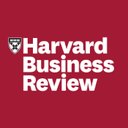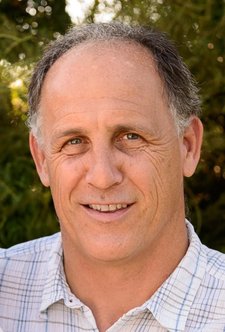
Helen Tupper and Sarah Ellis
Dec. 21, 2023
WORK VS. LIFE
As the year comes to a close, it’s easy to miss out on valuable opportunities to accelerate our growth. To take control of your career development, you need to identify and take ownership of what you should do differently in the coming year. Here are three steps to get your own “year in review” started:
- PRESS PAUSE
At this time of year, our brains can feel particularly frantic. However, slowing down is often what helps us speed up, and zooming out gives us the perspective that will propel us forward. When we identify what we’ve done well, we can stretch our strengths even more in the future. When we spot the mistakes we’ve made, we learn from them rather than repeat them.
ACTION: QUIET QUESTIONS
As the name suggests, “quiet questions” work best in surroundings that support you to be thoughtful. An ideal environment is one where you’re unlikely to be interrupted and can take the time to think through your responses. As you answer each quiet question, be conscious of rushing your answers and of the risk of recency bias. Set yourself a five-minute timer for each question to help you to think more deeply and use your calendar for data so you’re not relying only on your most recent experiences. Mind maps and free-writing are useful approaches to capture your insights. Ask yourself these questions and write down the answers:
— When have I learned the most this year?
— What do I feel most proud of?
— Who has helped me be at my best?

2. PLAY IT BACK
Reviewing your progress is always more useful when you include other people. Ask a trusted colleague to be your playback partner. Playback conversations work best when there is a high level of trust between both people in the discussion, with both parties listening to and learning from each other.
ACTION: PEER PLAYBACK PROMPTS
Schedule time for you and your playback partner to answer the following questions together. As each person shares their responses, the role of the partner is to listen and contribute any additional insights they have based on their own experience.
— What three words would you use to describe the last year?
— What have you found most fulfilling — and most frustrating — over the last 12 months?
— When do you think you’ve been at your best this year?
3. FAST-FORWARD
After taking the time and effort to evaluate your year, the priority is to turn the awareness you’ve gained into useful action for the future. Fast-forwarding is how we start to be specific about the commitments we want to make for our development. Unrealistic developmental to-do lists become demotivating over time. Instead, we need to find focus and be pragmatic about what’s possible.
ACTION: FOCUS FINDER
The focus finder tool acts as a forcing function to identify the most important action you want to take across a few different areas. The statements are designed to be deliberately definitive, using “I will” to frame your thinking. We suggest saving your answers somewhere you will see them frequently to act as a regular reminder.
— One learning goal I will make progress on in the coming year:
— One habit I will commit to:
— One person I will have a curious career conversation with:
+++
While the reality of work can feel especially overwhelming at the end of the year, reflection is the key to doing things differently in the year to come.
c.2024 Harvard Business Review. Distributed by The New York Times Licensing Group.
This HBR article was legally licensed through AdvisorStream.


